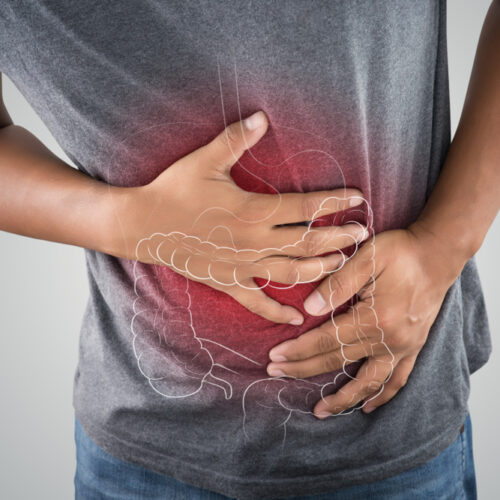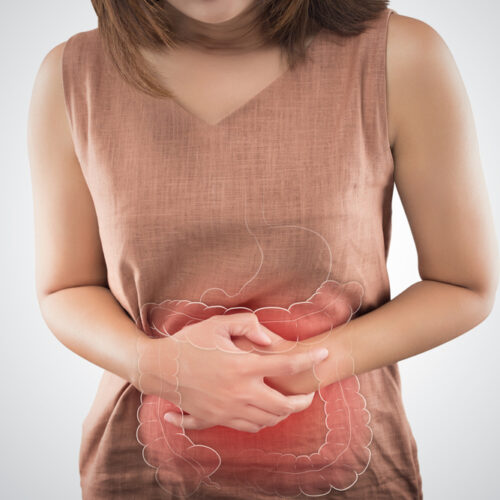All You Need To Know About Digestive Tract Issues
Around 25 million Americans are affected by digestive tract issues which turn out to be chronic at times. This is a serious concern which many ignore. Pain in the abdomen is a serious problem that affects the digestive conditions and there is a high risk of either being anorexic or obese.

This is not an issue you need to be silent about. The symptoms which are most occurring digestive conditions are following.
- Acid reflux is a condition that prevails when stomach acid throws into your esophagus. And you get a burning sensation around the middle part of your chest. This happens after your intake of food evening or early night. These symptoms if prevalent on a daily basis then the disease is chronic and you need to check with your doctor. The other symptoms for gastroesophageal reflux disease are bloating, upper or lower abdominal pain and trouble in swallowing.
- The gallstones are the other symptoms of the defective abdomen. They form hard deposits over gall bladder that secrete bile which is used for digestion. The rate of patients having gallstones have increased in the past decade for around 43% and every year one-fourth of the patients need surgery. The reason for the formation of is too much cholesterol in the bile or if the gallbladder is not secreted correctly. There can be shooting pains in the upper right abdomen and the medications involve surgery to remove the gallbladder.
- If your intake of gluten is high, there are chances of your immune system to go haphazardly. The sensitivity to gluten is called celiac disease. The symptoms are bloating, constipation, vomiting and weight loss.
- Crohn’s disease is another digestive condition that is affecting your bowel. Genetics plays an important role in this disease that affects the digestive tract. The symptoms are rectal bleeding, diarrhea, weight loss and high fever.
- Colon which is part of the digestive tract is affected by the next disease named ulcerative colitis which is similar to Crohn’s disease, and it develops ulcers on the lining of digestive tract and you experience regular bowel irritation, abdominal pain, blood in the stool etc.
Disclaimer:
The content provided on our blog site traverses numerous categories, offering readers valuable and practical information. Readers can use the editorial team’s research and data to gain more insights into their topics of interest. However, they are requested not to treat the articles as conclusive. The website team cannot be held responsible for differences in data or inaccuracies found across other platforms. Please also note that the site might also miss out on various schemes and offers available that the readers may find more beneficial than the ones we cover.











